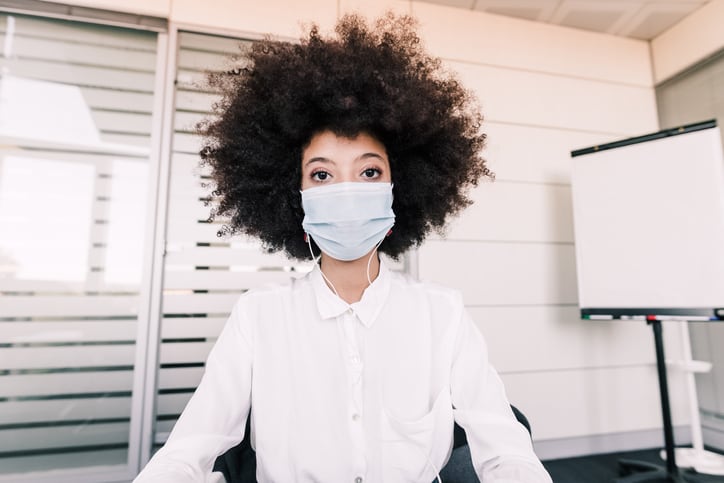Dr Susan Kleiner, PhD, a clinical sports nutrition consultant who will be a participant in the Sports & Active Nutrition Summit in San Diego in mid February, said she has seen massive changes from the time when she was a young academic trying to make a name for herself by studying competitive bodybuilders. Back then, before the beginning of the International Society of Sports Nutrition which she helped found, almost all of the science was done by men on men. Those results were then applied to women, with sometimes questionable scientific rationale, Kleiner said.
Long time coming

But that picture finally started to change for the better, she said.
“I can see over the horizon and times are changing,” Kleiner told NutraIngredients-USA. “Overall there is a glimmer of hope that we are starting to accumulate more data on women.”
Kleiner said there is a valid reason for the focus having been placed so squarely on men in the past. While there was likely some gender bias in that decision (men are more reliable, less ‘moody,’ etc.), there was a functional reason, too. There’s no denying that including women in a study, or studying only women, is more complicated, difficult and expensive than just studying men.
“That bias continues because it really is a bit more complicated to do studies on women. You can’t, for instance, be studying women on pharmaceutical birth control because then you are altering the natural hormonal balance,” Kleiner said.
“Then you are depending on each individual woman’s natural cycle. You have to arrange your data collection based on those cycles, which can make it more expensive,” she added.
Taking the corset off of nutrition science
But beyond the functional aspects there was perhaps a leftover of Victorian sexual repressiveness, too. Somehow, after the relatively uninhibited Middle Ages, when the bodily functions of both sexes were part of everyday life, matters of reproduction became clouded in mystery and shame, and, strange as it seems, that skewed the view of some scientists, too. That was a mindset that needing changing as well, Kleiner said.
“Now we are finally allowed to talk openly about menstrual cycle. It was only because of Lucille Ball that they could even say the word ‘pregnancy’ on TV,” Kleiner said.
A matter of scientific sloppiness
A core issue on which Kleiner has spoken many times is that it’s just scientifically sloppy to assume that what ever works well to fuel a male athlete will be fine for a female one, with just smaller portions. There’s no data to back that view, she said.
“It’s not that long ago that Dr Bernadette Healy, MD, was appointed the first female director of NIH and started the women’s health initiative,” Kleiner said. (Healy was appointed by Pres. HW Bush in 1991.)
“We didn’t have data on women in clinical nutrition settings. Everything was done on men and extracted to women,” Kleiner said.
Kleiner said that while data on women is beginning to accumulate, there is still a wealth of research avenues to explore. The response to inflammation changes within the menstrual cycle, for example. What might be the implications for specific training and nutrition recommendations? The rate at which women suffer ACL tears differs from men, which could have to do with the relative angles of hips and knees among the sexes, and there could be implications for their recovery, too. And Kleiner said the question of whether women’s experience with recovering from head injuries differs from that of men and what to do about it remains to be elucidated.
Panel participant
Dr Kleiner will take part in a panel on meeting the needs of the female athlete and active nutrition consumer during NutraIngredients-USA’s Sports & Active Nutrition Summit 2022 which returns this year as an in person event. The event, which is being put on in cooperation with the Sports Nutrition Committee of the American Herbal Products Association (AHPA), is scheduled for Feb. 14-16 at the Hyatt Regency Resort on San Diego’s beautiful Mission Bay. This unique event pairs academic researchers with formulators, brand managers and marketing experts to provide a complete view of how to succeed in this rapidly evolving space.
Dr Kleiner is the owner of High Performance Nutrition LLC and is the author of the book The New Power Eating.




